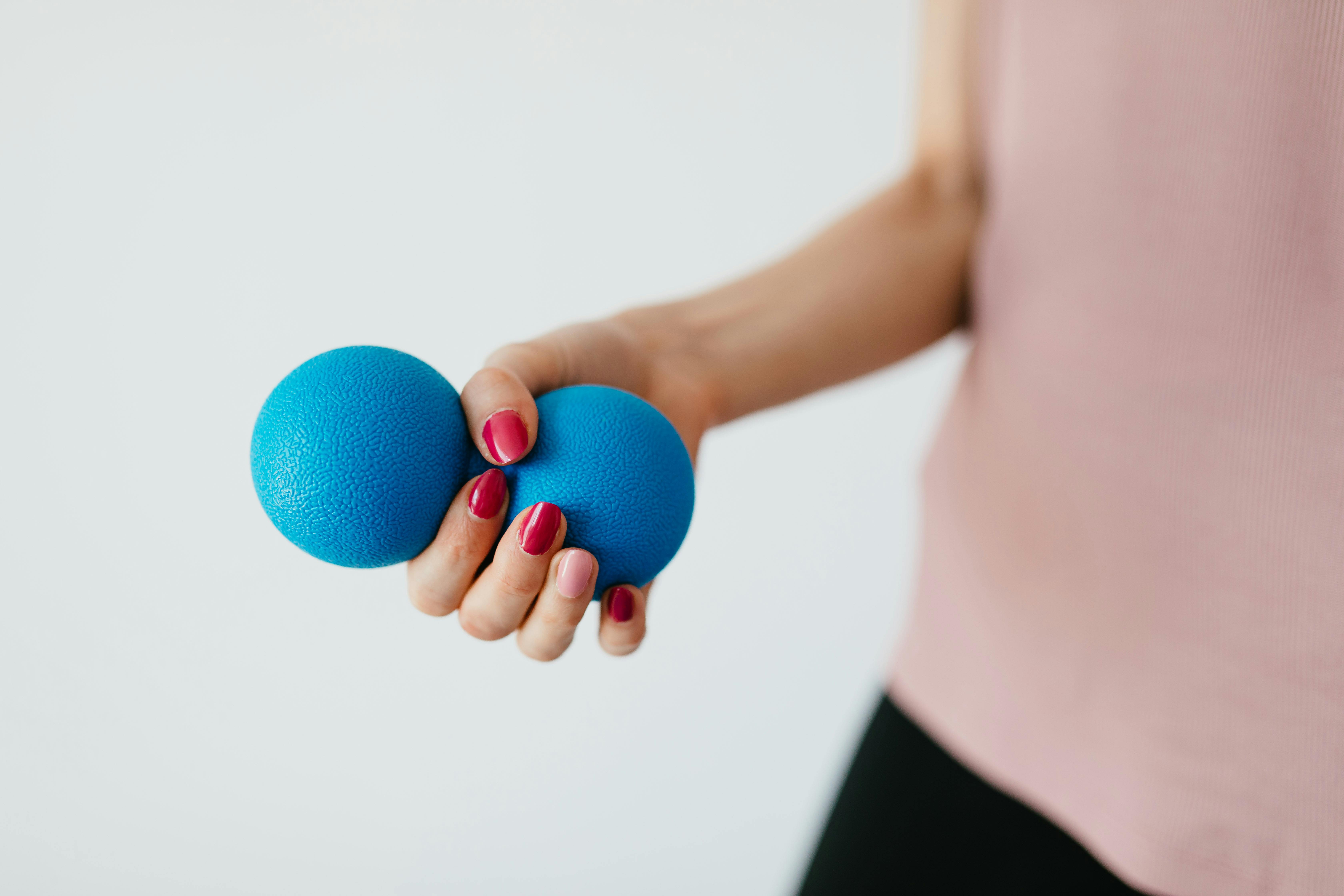What is hypertension?
Hypertension, also known as high blood pressure (HTN), is a serious medical condition. It occurs when the force of the blood pumping through the arteries is too strong. When your heart beats, it pushes blood through your arteries to the rest of your body. When the blood presses harder against the walls of the arteries, the blood pressure rises. Your blood pressure may be different at different times of the day. It is usually highest when you first wake up, after exercising, or when you are under stress.
It is normal to have high blood pressure for short periods of time. However, when your blood pressure remains high most of the time, it can cause serious health problems. You can monitor your blood pressure by using a monitor at home and consulting your doctor. The normal reading at rest in an adult is approximately 120/80 mm HG.
High blood pressure can be life-threatening if it is not controlled or detected. It can lead to heart failure, stroke, heart attack, kidney disease or failure, vision loss, sexual dysfunction, angina, or peripheral artery disease. These conditions are very serious and must be treated. Knowing the signs and symptoms can help determine when to contact your doctor.
What are the main signs and symptoms of hypertension observed?
-
Headache in the back of the head that is very bothersome.
-
Abnormal weakness
-
Nervousness that can be mental and physical restlessness.
-
Dizziness accompanied by tension or anxiety.
-
Ringing in the ears or ringing that occurs frequently.
-
Sleep loss called insomnia due to brain involvement.
-
Nosebleeds caused by the breakage of the small vessels in the nose due to increased pressure.
-
Shortness of breath, feeling that breathing is about to stop.
-
Chest pains, especially in the left chest wall or around the shoulder or neck, caused by physical exertion, as the heart muscles are deprived of blood and oxygen supply.
-
Fainting or feeling of objects moving around you.
-
Vision changes as a result of changes in the capillary blood vessels of the eyes.
What Causes Hypertension?
-
Family history
-
Obesity
-
Excessive alcohol intake
-
Inactive lifestyle / lack of exercise
-
A diet rich in salt and / or fat.
-
High consumption of caffeine.
-
Smoking and stress.
How is hypertension treated?
-
Lose excess weight and take care of your waistline: Losing weight is one of the most effective ways, besides medication, to control hypertension. Also, carrying too much weight around your waist can increase your risk of hypertension. Check with your doctor to see what your healthy waist measurement should be.
-
Exercising regularly – Regular exercise for at least 30 minutes every day can help lower your blood pressure or help prevent hypertension if you are prehypertensive. Walking, jogging, swimming, cycling, and strength training are some of the best exercises for lowering blood pressure. Talk to your doctor to start an exercise plan.
-
Eat healthy foods: Eating foods rich in whole grains, fruits, vegetables, and low-fat dairy products can help lower blood pressure. Cut down on caffeine.
-
Reduce your salt intake: The smallest amount of reducing your salt intake can lower your blood pressure by 2 to 8 mm Hg. Some people are more sensitive to salt and should reduce their intake even more. This includes African Americans, those over the age of 51, and anyone diagnosed with high blood pressure, diabetes, or chronic kidney disease.
-
Limit alcohol consumption and quit smoking. Quitting smoking helps bring your blood pressure back to normal.
-
Reduce stress: Chronic stress can contribute to high blood pressure. Occasional stress can also be a risk if you often turn to unhealthy food choices, alcohol, and even smoking.
-
Regular appointments with your doctor can help control and treat high blood pressure. Medication may be prescribed if the other options do not lower your blood pressure to a healthy level.
Hypertension is a serious condition and should not be left untreated. Taking your blood pressure regularly and listening to your body can save your life. Pay attention to the signs and symptoms of hypertension and contact your doctor if any are present.
This content is not intended to substitute for the advice, diagnosis, or treatment of a professional physician. Always seek the advice of your physician or other qualified healthcare provider with any questions you may have regarding a medical condition. Never ignore professional medical advice or delay seeking it because of something you have read in this document.




